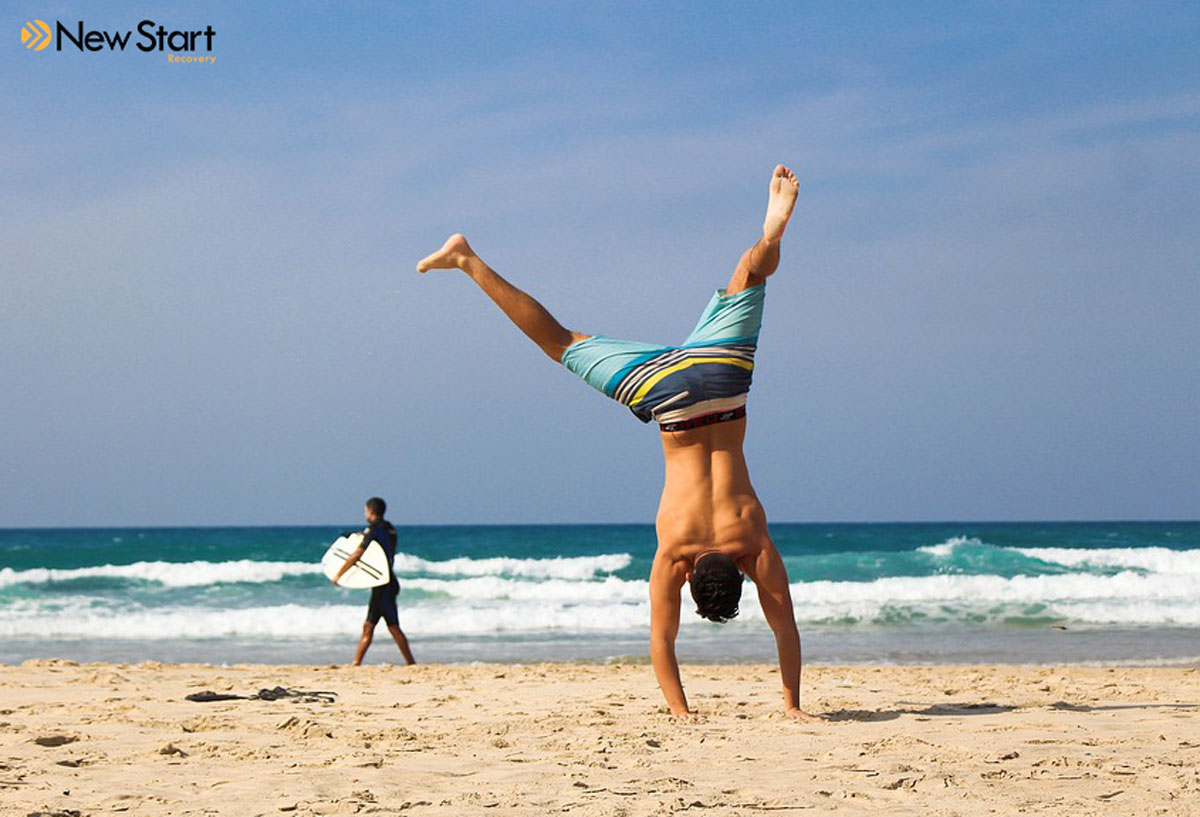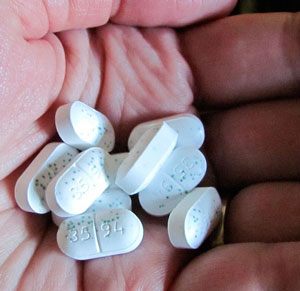 Attn: Bells and whistles are not indicators of true happiness. And allowing them to be only makes it harder and harder to feel happy.
Attn: Bells and whistles are not indicators of true happiness. And allowing them to be only makes it harder and harder to feel happy.
While this may seem like something you read off a fortune cookie or the first slide of a motivational speech, it’s actually a very valid and applicable statement. Many of us tend to let trophies, big vacations, and obvious signs of success (i.e. money) be our happiness indicators. But that can be a problem. Being happy about these things is okay. But letting them teach you to gloss over the little things is not. This is vital in recovery as well. If you let sobriety birthdays, being the main sharer at a meeting, and other recovery accomplishments determine your happiness, it’s going to be much harder to maintain sobriety. You’ll always be searching for more of those bells and whistles in order to stay happy and positive.
On top of that, the constant pursuit of happiness can push people to extremes when they aren’t getting the fulfillment they think they need. One of the biggest examples of these extremes is substance abuse.
The Pursuit of Happiness through Substance Abuse
Yes, vacationing in the Dominican Republic is amazing. And winning first place in the Sunday soccer league tournament you’ve been training for months for is a good reason to celebrate. But comparing those grander moments in life to the rest of our everyday doings and feelings does nothing good for our emotional wellbeing. Doing so will eventually falsely teach us that the more normal but still happy events during our days aren’t really that joyous. And when we stop feeling pleased with the little things, we start to look for things that will give us that pleasure. Enter: substance abuse.
 Most substances play off of the brain’s reward center. They cause the brain to trigger the release of dopamine, a neurotransmitter that plays a role in the motivation, emotion, and pleasure centers of the brain. Drugs will cause the brain to flood with dopamine, which will produce feelings of euphoria.
Most substances play off of the brain’s reward center. They cause the brain to trigger the release of dopamine, a neurotransmitter that plays a role in the motivation, emotion, and pleasure centers of the brain. Drugs will cause the brain to flood with dopamine, which will produce feelings of euphoria.
Dopamine is also released naturally during activities like exercising, meditating, and listening to music. These are some of those little pleasures we’ve been talking about. If we teach ourselves to think that these activities don’t indicate happiness, our brains will respond and alter the dopamine that would normally be released. Furthermore, if we do turn to drugs and alcohol to stimulate pleasure, our brains will also eventually stop releasing dopamine during those smaller, natural activities.
Basically, substance abuse will make it so that we can’t go back to feeling happy without our drug or drink of choice.
Emodiversity: Feeling Okay is Okay
Not everything is going to be peachy and beautiful every second of every day. And that’s okay. In fact, feeling a balance of a bunch of different emotions throughout our days (known as “emodiversity”) is actually more beneficial for our emotional wellbeing than being high in happiness alone.
This is good news for people in recovery. It’s often hard for recovering addicts to find happiness in the little things after abusing drugs or alcohol to stimulate happiness (or even just to feel “normal”) for so long. It helps to know that it’s okay to have an off day. Maybe you had to miss your Tuesday fellowship meeting this week and it bummed you out. Or maybe you’re still trying to find healthier hobbies in your recovery for the times when your friends want to go out to the bars and it gets a little frustrating sometimes. These things are normal. Feeling those more negative emotions is healthy, as long as they’re managed.
It’s also important to see that our “okay moments” are also worthy of appreciation, just like those moments of extreme happiness. I realize that sitting in an AA meeting or staying sober at your fiancé’s best friend’s wedding aren’t the same as zip-lining in Puerto Rico. But you’re maintaining your sobriety and not suffering on the street. And that’s reason enough to be appreciative.
Tips for Finding Happiness in the Little Things:
-
Start a Journal
Writing down things you’ve done for the day will help you remember how your day’s events made you feel. You’ll start to gravitate towards the happier activities while still remembering that negative and “just okay” events happen too. You might want to consider starting a gratitude journal as well. Reminding yourself of the things you’re thankful for is incredibly helpful, especially in recovery.
-
Try Meditation
Many addicts struggle with low self-esteem. They’ll constantly beat themselves up over things that aren’t important. They have trouble allowing themselves to feel happy or grateful for the little things. Meditation can help you to quiet your brain and just feel. It helps to relieve stress and become more connected with yourself.
-
Exercise
As I mentioned earlier, exercise is one of those activities that naturally stimulates the release of dopamine. Exercising regularly – even if it’s just stretching and doing a few jumping jacks every morning – will help your brain regulate that dopamine and keep your emotional wellbeing healthy. Exercising is especially important in recovery because it helps your brain adapt to healthier pleasure inducers after being hijacked by substance abuse.
-
Set Goals
Setting goals will help you stay motivated to keep improving yourself and your life. Accomplishing the small pieces of each goal you set (like improving your mile run time, even if it’s not exactly as fast as you want it to be) will help you remember to appreciate the things that you might otherwise beat yourself up over. It’s also important to remember that not all goals are met quickly. Some goals might not ever get completed. Or maybe you alter a goal and change it into something else that matters more to you. All of that is okay. As we change and grow as people, our methods of self-improvement change and grow too.
It’s unrealistic to feel extreme happiness every moment of every day. It’s also unhealthy. Learning to appreciate the fact that you’re sober, your allergies aren’t as bad today as they normally are, and you’re actually able to enjoy some downtime with your girlfriend this weekend is important. You can still be happy when there aren’t any bells and whistles.

If you or someone you know is struggling with addiction, New Start can help. Call our addiction staff at 855-737-7363 for a free and confidential assessment.

